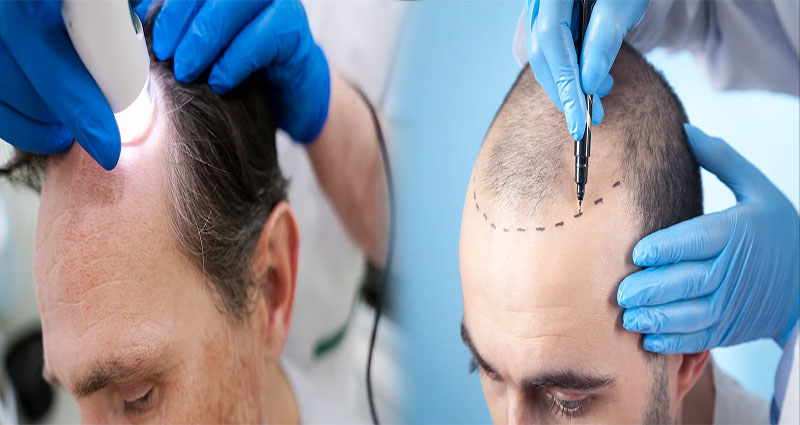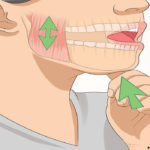Hair transplant procedures have become increasingly popular as a permanent solution for hair loss and balding. While advancements in technology and techniques have improved the success rates of these procedures, several factors can still influence the outcome of a hair transplant. Understanding these factors is crucial for ensuring a successful and satisfactory result. Here are some key factors that can affect the success rate of hair transplant procedures:
1. Candidate Eligibility
The success of a hair transplant procedure often depends on the candidate’s eligibility. Factors such as the extent of hair loss, hair texture, scalp condition, and overall health can impact the outcome of the procedure. Candidates with sufficient donor hair, good scalp laxity, and realistic expectations are more likely to achieve successful results.
2. Surgeon’s Experience and Skill
The expertise and skill of the surgeon performing the hair transplant play a significant role in determining the success rate of the procedure. Experienced surgeons with a proven track record of successful hair transplants are better equipped to address potential challenges and achieve desired outcomes for their patients.
3. Hair Transplant Technique
There are two primary techniques used in hair transplant procedures: follicular unit transplantation (FUT) and follicular unit extraction (FUE). The choice of technique can impact the success of the procedure. While both techniques have their advantages, FUE is generally considered less invasive and may result in faster recovery times and less scarring.
4. Quality of Donor Hair
The quality of the donor hair extracted for transplantation can significantly affect the success rate of the procedure. Healthy, robust hair follicles from the donor area are more likely to thrive in the recipient area and produce natural-looking results. Ensuring the viability of the donor hair is crucial for a successful hair transplant outcome.
5. Post-Operative Care
Proper post-operative care is essential for ensuring the success of a hair transplant procedure. Following the surgeon’s instructions regarding cleaning, healing, and hair care is crucial for optimal results. Avoiding activities that may disrupt the transplanted hair follicles and adhering to recommended lifestyle changes can promote faster healing and better graft survival.
6. Scalp Health
The overall health of the scalp plays a vital role in the success of a hair transplant. Scalp conditions such as psoriasis, dermatitis, or infections can impact the healing process and graft survival. Addressing any scalp issues before undergoing a hair transplant procedure is essential for optimal results.
7. Lifestyle Factors
Certain lifestyle factors, such as smoking, excessive alcohol consumption, poor nutrition, and stress, can affect the success rate of a hair transplant. Maintaining a healthy lifestyle, following a balanced diet, staying hydrated, and managing stress levels can support the healing process and promote successful outcomes.
By considering these factors and collaborating closely with a qualified and experienced surgeon, individuals undergoing a hair transplant procedure can maximize their chances of achieving natural-looking results and long-term hair growth. Prioritizing candidate eligibility, surgeon expertise, post-operative care, and overall scalp health can contribute to a successful and satisfying hair transplant experience.










